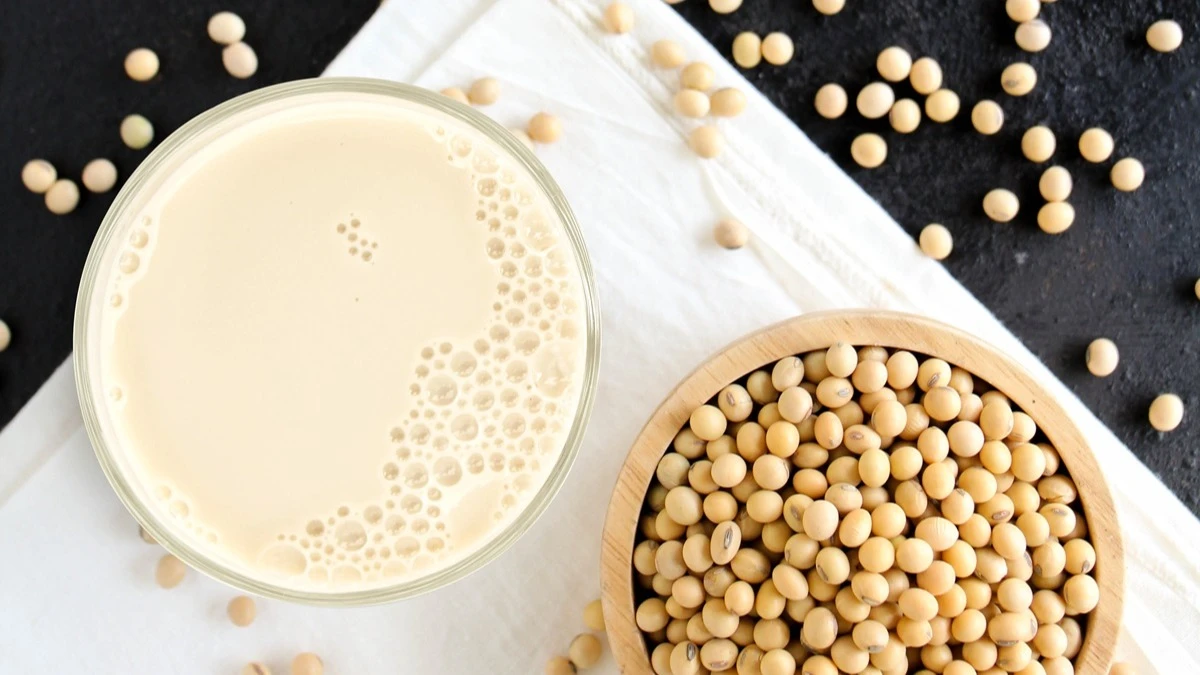
Tanzania utilizes Chinese technology to produce soy milk
Locally produced soya milk is uncommon in Tanzania. However, a few producers in the area are eager to learn from the Chinese in order to create their own.
Local producers have been acquiring the technology to produce milk from soya beans since 2022. Since 2022, agricultural specialists from China Agricultural University (CAU) have been in the country to impart their expertise to local farmers.
The United States, Brazil, and China are the world’s largest producers of soya. Therefore, it should not be surprising that they possess a certain amount of knowledge regarding soy milk.
The technology has been showcased in a test initiative in the Morogoro region of Tanzania in four carefully selected pilot villages: Peapea, Kitete, Makuyu, and Mtego wa Simba. The demonstration was deemed satisfactory by experts last week.
The beverage has gained popularity among numerous producers due to its lower production costs in comparison to other plant sources.
The Chinese experts collaborated with the Morogoro regional authorities to distribute hybrid soya bean seeds to farmers in these villages as part of the initiative. They also provided on-the-ground advice on planting and management techniques to facilitate the processing of soya milk.
The program, which is also designed to alleviate poverty, is overseen by CAU, the Morogoro regional administration, and Tanzania’s Sokoine University of Agriculture (SUA).
In Tanzania, the Morogoro region is one of the top five regions that produce soya legumes. Nevertheless, the local soya bean industry remained dormant as a result of the extensive local agricultural models and the absence of processing technology for soya bean products.
The lead scientist, Prof. Li Xiaoyun, and his team have announced the successful completion of an intercropping initiative titled “Small Bean and Big Nutrition.” Now that the initial harvest has commenced, the subsequent phase of expansion will be informed by the yields.
Prof. Li’s primary responsibility is to provide agricultural training to farmers in the village of Mtego wa Simba, which is situated in Mikese Ward, approximately 30 kilometers from Morogoro Municipal Town.
According to Ms. Xu Jin, one of the experts, the production of soya milk is divided into four primary phases.
“The initial step is to soak the seeds in a pail of water overnight,” she stated.
“The second stage involves grinding them in a machine that is manually constructed.” The liquid, which has a flavor similar to cow’s milk, is boiled in the final stage, followed by filtration in the third stage.
Omary Jayo, a retired technician from the Tanzania National Electricity Supply Company (TANESCO) and current farmer, at 72 years old, states that he became convinced of the concept upon discovering the Chinese scientist’s proficiency.
He claims that he acquired a grinding machine for $23.9 and gradually began to practice. He is currently selling each cup for $0.18.
All Categories
Recent Posts
Tags
+13162306000
zoneyetu@yahoo.com



